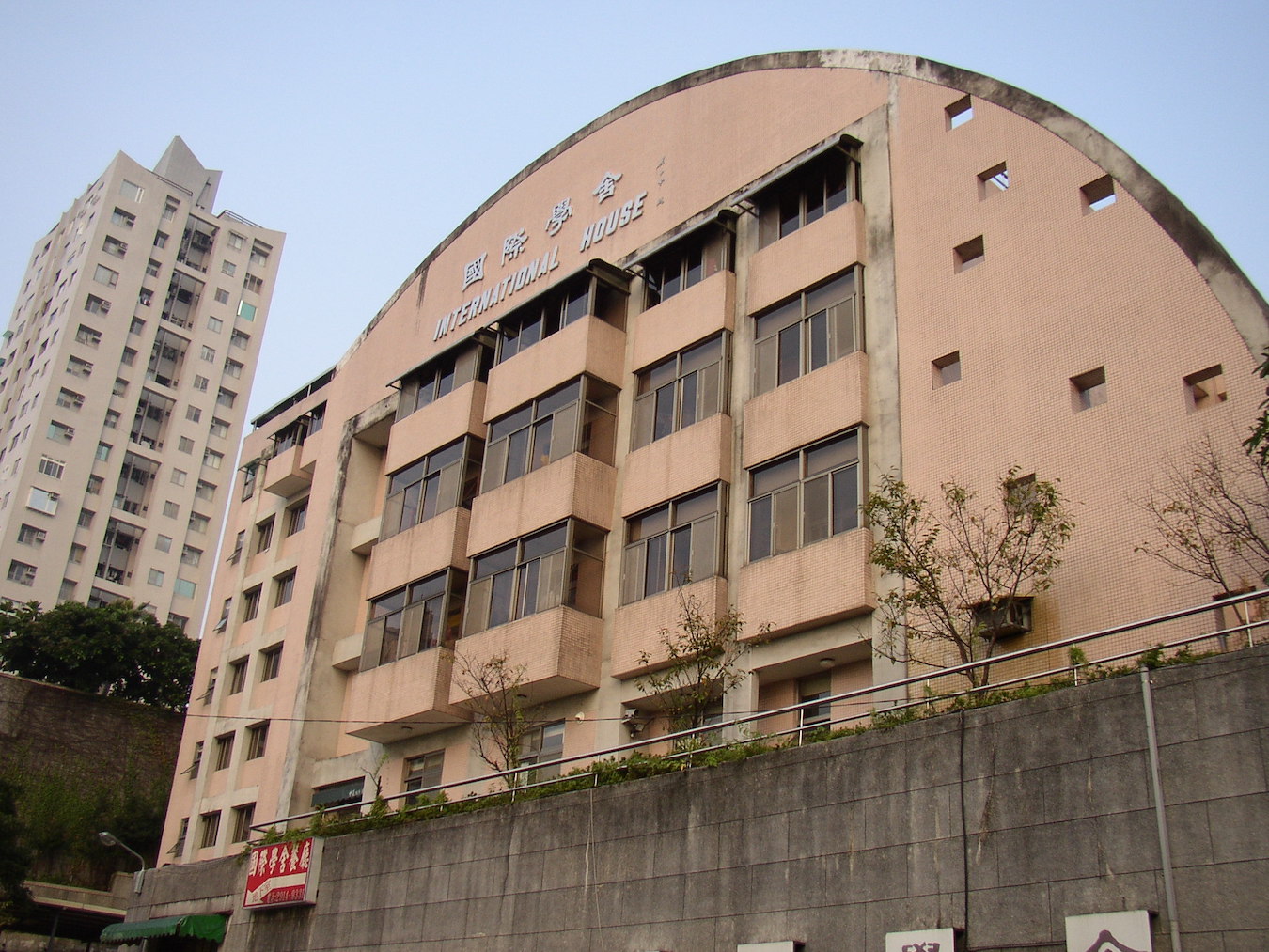by Brian Hioe
語言:
English
Photo Credit: Nagono/WikiCommons/CC BY-SA 3.0
CALLS TO ADDRESS housing inequality have become increasingly important ahead of elections, with plans by the Tsai administration to raise taxes on individuals that own more than one home to between two and 4.6 percent. This would be an increase from the current 1.2 to 3.6 percent.
By contrast, however, tax rates on first homes would be decreased from 1.2 percent to 1 percent. This would be with the aim of helping first-time homeowners.
Housing taxes are assessed based on a government estimate of the value of a property. Consequently, this can often be lower than the market value of real estate.
Only ten out of Taiwan’s 22 local governments currently have differentiated tax rates for real estate properties used for rental or that are fourth homes, as a result of which there have been calls from local governments for stronger measures.
As the DPP potentially faces retaliation from voters at the polls during the 2024 elections, this is clearly why a number of new measures have been announced at present. DPP presidential candidate William Lai has called for raising the mortgage limit to 10 million NT from the current 8 million NT and lowering the interest rate from 2.025 percent to 1.775 percent.
If this were to occur, voters would be attacking the DPP for failing to do enough on the issue of unequal real estate prices in Taiwan, then. At present, one would have to not eat or drink for fifteen years in order to be able to afford a home in Taipei.
 Photo credit: ResTpeTw/WikiCommons/CC BY 2.5
Photo credit: ResTpeTw/WikiCommons/CC BY 2.5
To this extent, the Tsai administration has come under fire for the slow rate of construction for social housing. Tsai came to power promising to build 200,000 units of social housing within eight years when she came to power in May 2016.
However, close to eight years later, only 19,227 units of social housing have been built. The Ministry of the Interior claims that work on another 108,000 units has begun. Lai has asserted that he intends to remedy this after taking office, through the central government assuming responsibility for constructing 2/3rd of the units, while local governments will assume responsibility for the remaining 1/3rd of units.
The pan-Blue camp is clearly cognizant that housing policy is a weak point of the DPP. As a result, a pan-Blue rally in July featuring bodybuilder and streamer Holger Chen, former NPP chair Huang Kuo-chang, former Taipei mayor and TPP presidential candidate Ko Wen-je, and FoxConn founder Terry Gou has as its primary themes housing justice and judicial reform.
Nevertheless, the rally came under fire in that its organizers are themselves substantial property owners. Terry Gou is, for example, one of Taiwan’s richest men.
It is to be seen what concrete policy the pan-Blue camp offers as an alternative to the DPP’s promises to remedy the housing situation in Taiwan. Even if rents remain comparatively low, that housing prices are far and away unaffordable for the average member of the public–particularly young people–is not exactly a new issue. This has been known since the time of at least the Ma administration, for example.
Yet successive presidential administrations have been unable to fix the problem, inclusive of the Tsai administration. Although a KMT administration likely would not fare any better with the issue, a recurring theme of past election cycles has been candidates promising to fix Taiwan’s long standing issues with housing.
In this regard, candidates of both political parties seek to outdo each other with campaign promises about housing. But it proves another question entirely as to whether they can actually fix the issue. Ultimately, the roots of the problem are structural, as bound up with other issues regarding socioeconomic inequality in Taiwan. The issues at hand, then, would be far beyond the scope of a single electoral cycle to resolve, but there is little discussion of these systemic issues from candidates of both political camps.

